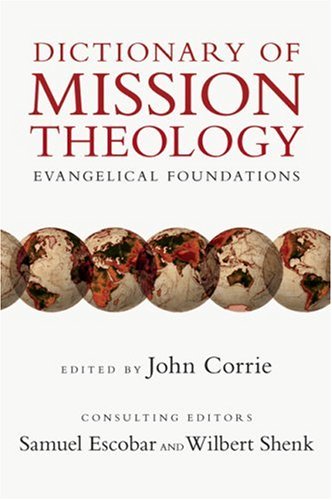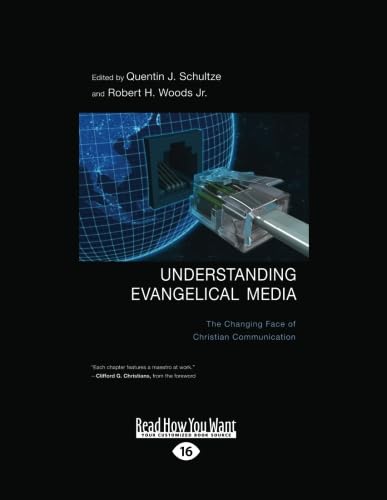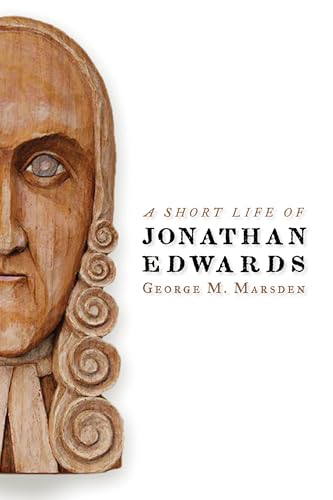Incarnation and Inspiration: John Owen and the Coherence of Christology
Written by Alan Spence Reviewed By Mark McDowellOne of the many legacies left by the late Colin Gunton has been the retrieval of the theology of John Owen. As a representative of this legacy, Alan Spence examines the christology of John Owen and proposes it to be one that addresses the problems that surface anytime an attempt is made to balance the biblical teaching that Jesus Christ is both truly God and truly man. Under the banners of ‘incarnation’ and ‘inspiration’, Spence proposes that Owen’s christology properly integrates the concerns and emphases of both concepts and so proves the coherence and continuing value of Owen’s thought on the subject.
In the first chapter, Spence states the problem that attends christology as one that finds christological expressions offered in an ‘either-or’ framework. On the one hand, when an ‘incarnational’ christology is emphasized, Christ’s ontological unity with God receives most of the attention. On the other hand, when an ‘inspirational’ christology is emphasized, the imbalance shifts to ‘the interpretation of Christ as a person in whom God has acted graciously through his Spirit, comforting and strengthening him in his spiritual life, equipping and empowering him in his mission’ (p. 4). Yet having explained that the task of Chalcedon was to press for a clear account of the incarnation of the Word, Spence makes the controversial claim that for a thousand years the Church’s ‘commitment to a doctrine of incarnation required her denial in practice of an inspirational christology’ (p. 15). He explains that the church ‘was always somewhat embarrassed with the human experiences of Jesus, such as prayer, growth in grace, or dependence on the Holy Spirit’ (p. 15). At the end of the chapter, Spence introduces John Owen as a theologian who managed to integrate the emphases of incarnation and inspiration.
In chapters 2 and 3, Spence leads the reader through a detailed commentary on Owen’s christology, providing a deeper description of the categories of incarnation and inspiration. In the thought of John Owen, the author identifies a solution to the problem of an attenuated description of Christ’s humanity. Within the teaching of the personal union of Christ’s two natures, Spence explains that while ‘each nature remains the subject of its own properties’ (p. 40), both natures relate to each other—not in the sense of the traditionally appealed to communicatio idiomatum, whether realis or verbalis—but according to the Holy Spirit. The value of this particularly bold move to the overall shape of the argument is in its securing the space needed to further an account of the Holy Spirit’s agency in the life of Jesus Christ.
Premised on an understanding that Christ must be like us in every possible way and so, ‘face God as we do’ (p. 111), Spence argues that Christ’s human nature cannot be determined by his divine nature, but, like us, Christ is aided by the Holy Spirit. Spence explores this pneumatological component to Owen’s christology by proposing that it was the particular work of the Holy Spirit to restore the image of God in human nature as well as in the human nature of Christ. This manoeuvre obtains ‘a direct correspondence between the work of the Spirit in the man Christ Jesus and his work in all believers’ (p. 54), wherein Christ’s experiences of temptation, suffering, and dependence upon God are rendered continuous with our own.
In order to affirm and defend the validity of Owen’s position, Spence spends the final section structuring his discussion by setting Owen’s description alongside that of Apollinarianism, kenoticism and, finally, the theology of Karl Barth.
In this piece, Alan Spence has not only managed to prove the validity of engaging the theology of John Owen, but he has done so by balancing historical and theological research performed in high gear with lucid description that invites a wide range of readers the opportunity to learn and appreciate the importance of this much neglected Puritan thinker. Spence addresses the topic with a pastoral sensitivity that avoids the appearance of merely seeking to solve a theological conundrum. The motivation that drives his argument is Christ’s kinship to us, which can be established and upheld only with an appeal to a fuller role of the Holy Spirit.
One lingering concern for this reviewer relates to the restriction of the Word’s role in the earthly life of Jesus Christ. It is claimed that the Word is directly active only in the assumption of Christ’s human nature since any other direct action of the Word on the human nature would thereby constitute some kind of unfair advantage that would no longer allow Christ to be like us in every possible way. However, can the Word cease to exercise his power as God and still be God? Is it not proper to say that the Son displays his power by becoming human and acting as our kinsman yet in a way wholly mysterious to us? One could then still affirm the role of the Holy Spirit in the earthly life of Jesus Christ but in concord with, and not instead of, the Son. Some readers might also sense that Spence’s criticism of Karl Barth along the lines of a thin and inadequate interpretation of Christ’s human agency to be a little unfair, given the author spends little time dealing with the christological material in Church Dogmatics IV. Such readers would do well to temper this criticism with the work of George Hunsinger, John Webster and, more recently, Paul Daffyd Jones.
Overall, this is a very fine work and a valuable contribution that draws a forgotten figure back into an especially important discussion.
Mark McDowell
King’s College
Aberdeen, Scotland, UK
Other Articles in this Issue
For Ezra had set his heart to study the Law of the LORD, and to do it and to teach his statutes and rules in Israel (Ezra 7:10)...
Salvation History, Chronology, and Crisis: A Problem with Inclusivist Theology of Religions, Part 2
by Adam SparksA fundamental requirement in an inclusivist understanding of the relationship between Christianity and other religions is evidence of God's salvific activity outside of any knowledge of Christ...
The Center of Biblical Theology in Acts: Deliverance and Damnation Display the Divine
by James M. Hamilton Jr.Acts 1:1 opens with a reference to what Jesus "began to do and teach"1 recounted in the Gospel of Luke, indicating that this second volume will carry the narrative of Jesus' actions and teachings forward...
Shared Intentions? Reflections on Inspiration and Interpretation in Light of Scripture’s Dual Authorship
by Jared ComptonIt was not too long ago that Kevin Vanhoozer answered the question Is There a Meaning in This Text? by relocating meaning in authorial intention,1 doing so even more robustly (not to mention, evangelically) than E...
The original question I was asked to address was "How does our commitment to the primacy of the gospel tie into our obligation to do good to all, especially those of the household of faith, to serve as salt and light in the world, to do good to the city?" I will divide this question into two parts: (1) If we are committed to the primacy of the gospel, does the gospel itself serve as the basis and motivation for ministry to the poor? (2) If so, how then does that ministry relate to the proclamation of the gospel?







